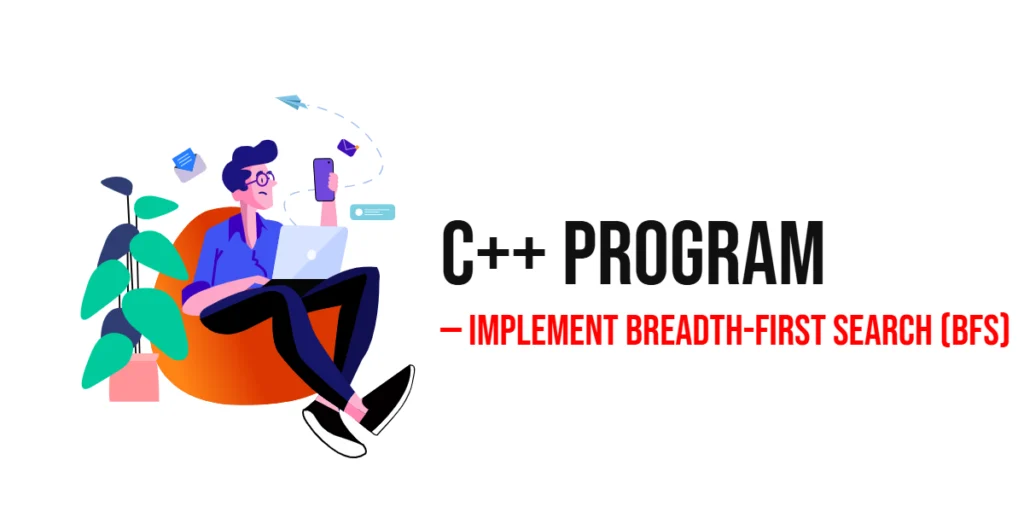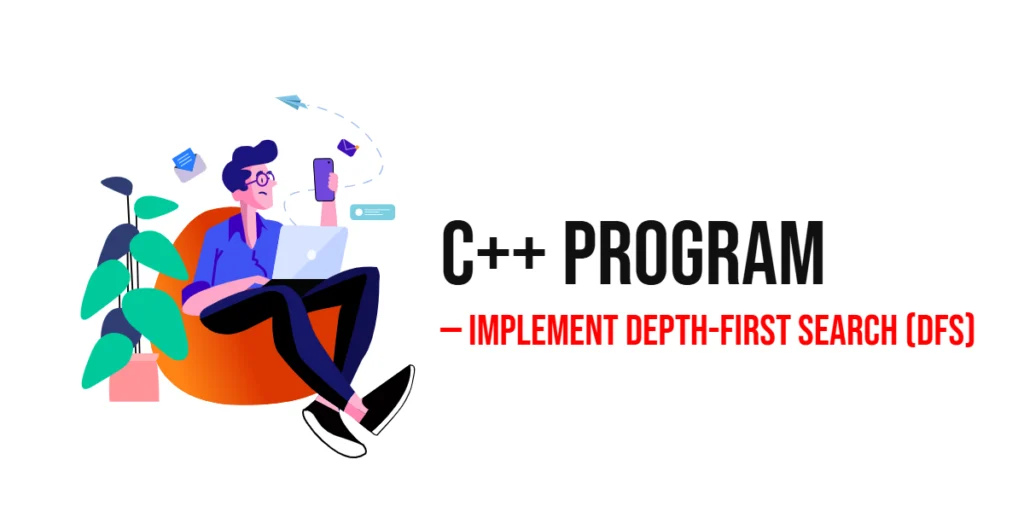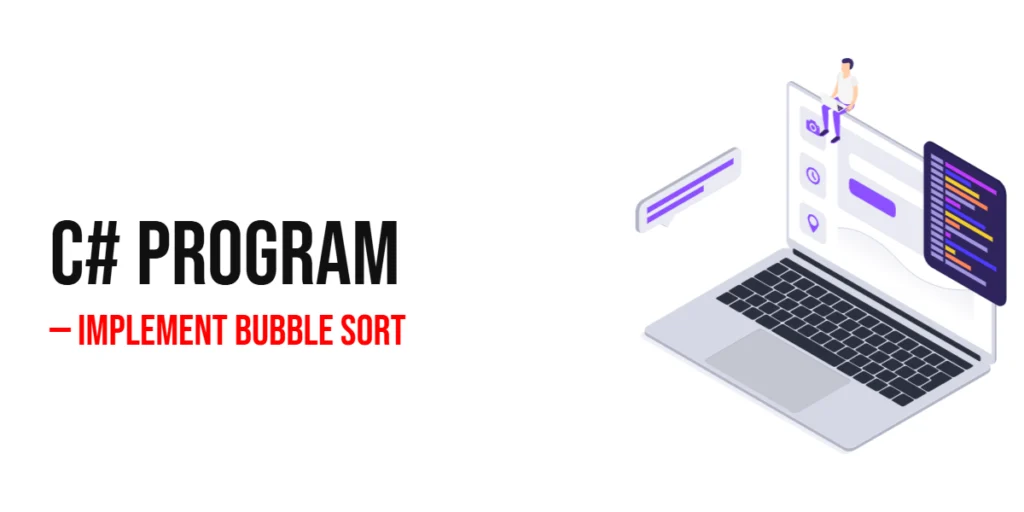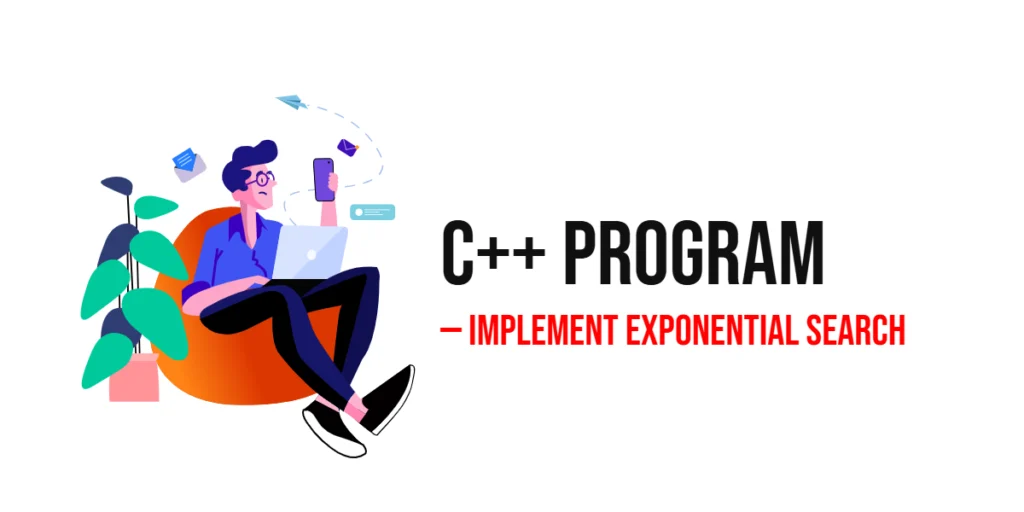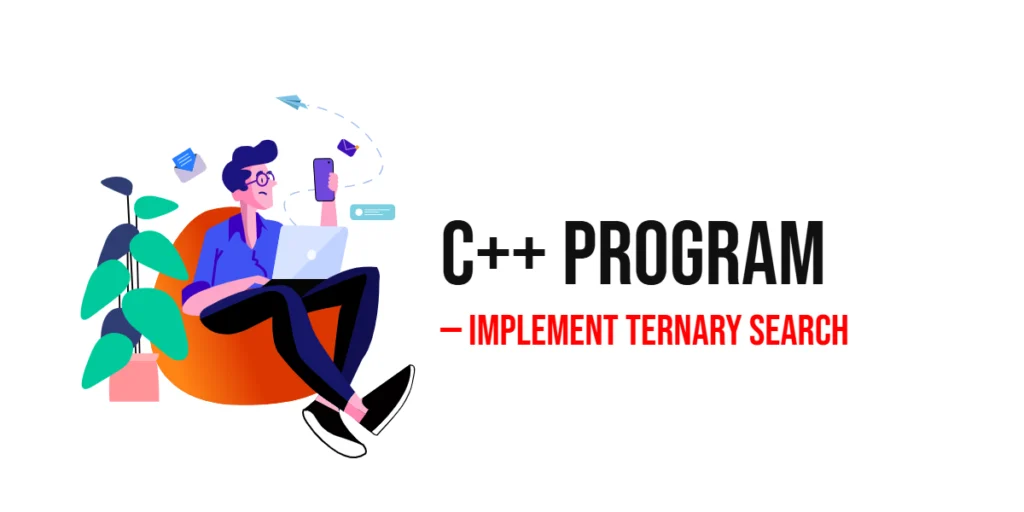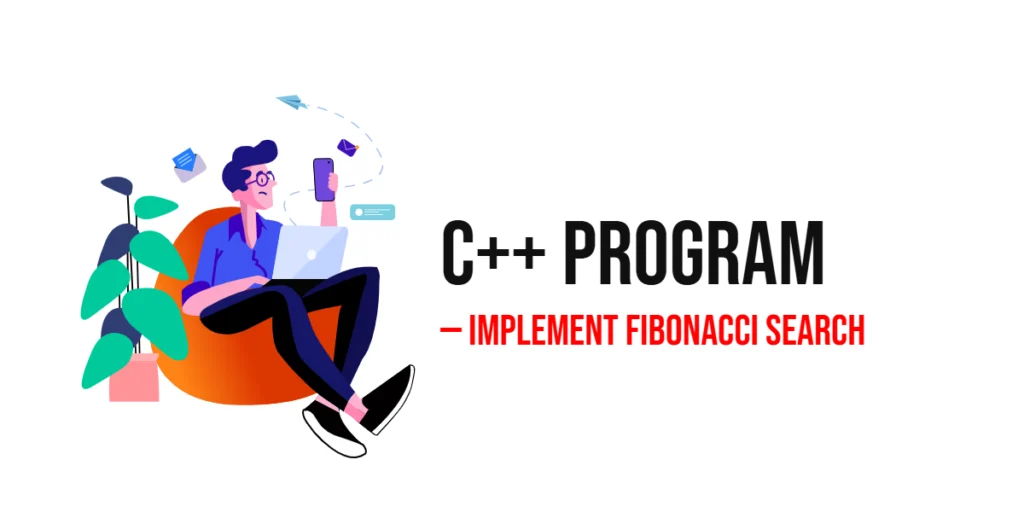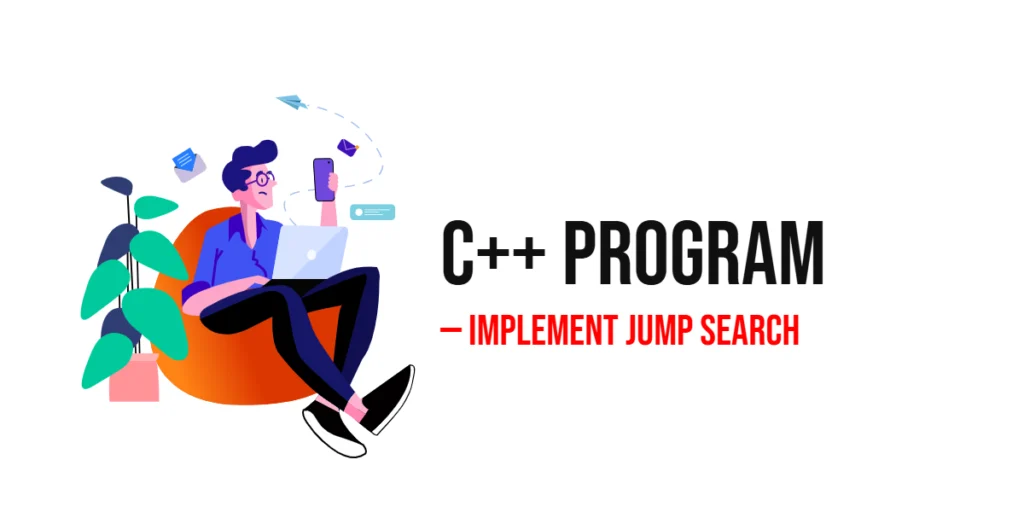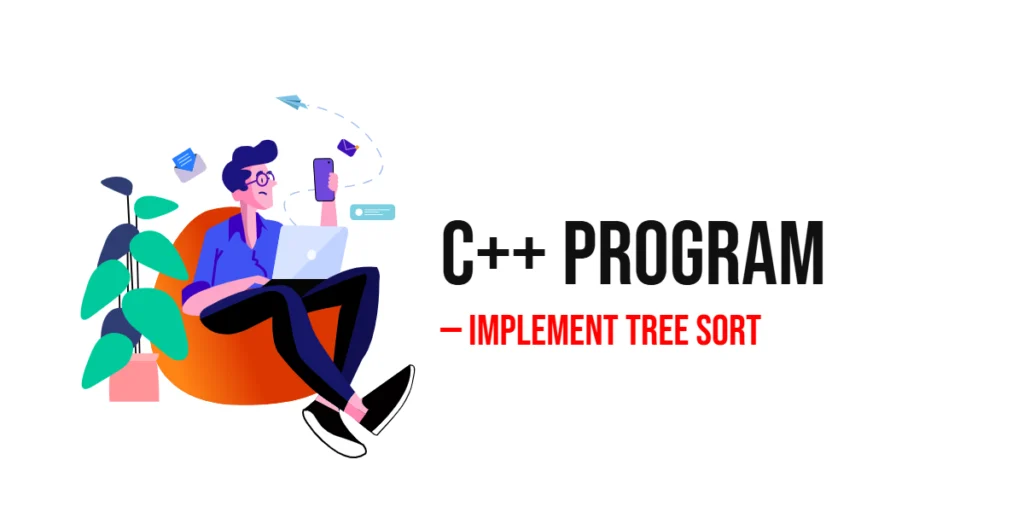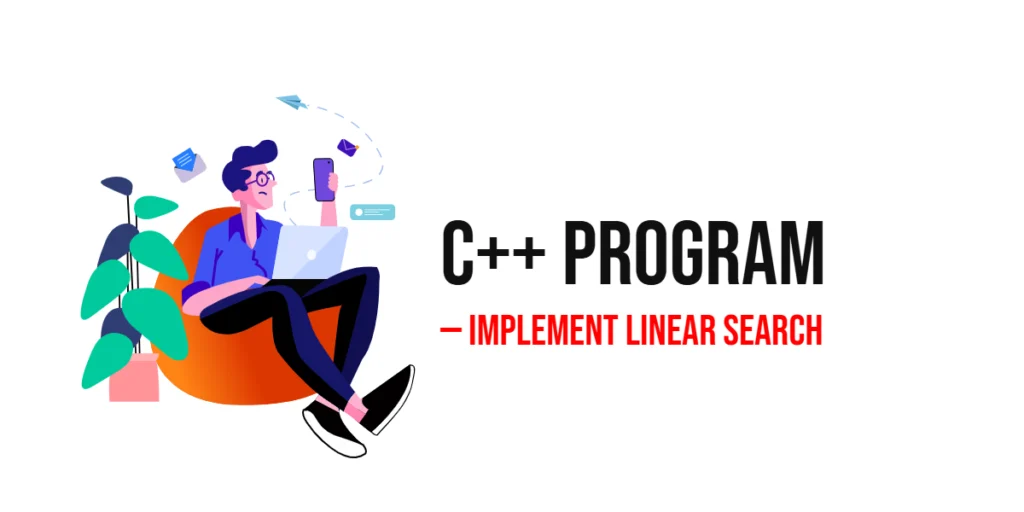C++ Program to Implement Breadth-First Search (BFS)
Graph traversal is a cornerstone concept in computer science, used to explore all nodes of a graph systematically. Breadth-First Search (BFS) is one of the most popular graph traversal algorithms. Unlike Depth-First Search, which dives deep into one path, BFS explores all neighbors of a node level by level. This makes BFS particularly useful for […]
C++ Program to Implement Breadth-First Search (BFS) Read More »
